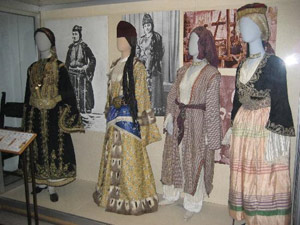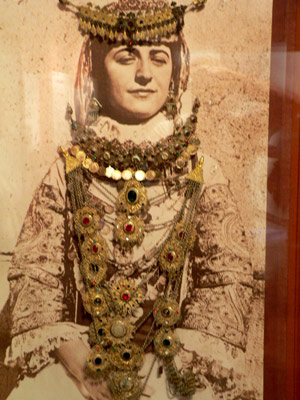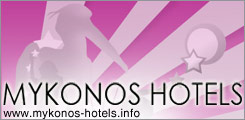Folk Museums of Athens

The Folk Museums of Greece present aspect of the social life of various locations of Greece. Some of them expose traditional local costumes, traditional pottery dating to the first two decades of the 20th century, decorative items such as painted dishes, vase and traditional musical instruments. Among them, you will find the Bathhouse of the Winds which used to be a public Athens Bath during the Turkish domination. There is also a museum devoted to the Pontian culture where the visitors can have a look at photographs and document from several Pontian regions. A very small folk museum hosts objects the refuges from Asia Minor brought to Greece after the catastrophe of their home country.
- 1. The Greek Folk School Museum of Greek Costume History
- 2. Vasilis Kyriazopoulos Ceramic Collection
- 3. Bathhouse of the Winds
- 4. Museum of the Greek Folk Musical Instruments
- 5. Centre of Folk Art and Tradition, Municipality of Athens
- 6. Greek Folk Art Museum
- 7. Folk Collection of the Greek Folklore Research Centre of Athens Academy
- 8. Pontian Hellenism History and Folk Museum
- 9. Museum of Asia Minor Relics
- 10. The Dodecanese House of Vassilis and Irini Moskovis
- 11. Acharnes Folk Museum
- 12. Folk collection of Makrolivisiani
- 13. Zygomala Museum
- 14. Mnicipality of Salamina Museum of Folk Art and History
Greek Folk Art Museum

The exhibits of the Greek Folk Art Museum mainly date back to the 18th - 20th centuries. The visitors can admire some of the greatest examples representing a very common traditional greek art branch, the needlework; impressive bridal bedspreads with colorful scenes, valances and pillow cases, sheets, bed curtains. What is more, religious artifacts, bread stamps, weaving tools, spoons, and glasses are on display.
One of the highlights of the museum is a scene which represents the heroes of the Shadow Theatre, Karangiozis and his company that entertains the Geeks even nowadays.
One will find various folklore paintings depicting scenes of the Greek history. There are also silver made artifacts like jewellery, weapons, and religious items such as Bible covers, Crosses, offerings, wedding wreaths etc. The weapons collection of the museum is very rich composing of pistols, long-barrel flint-guns, belts for gun powder, curved knives and yataghans decorated with flags, flowers, birds. Womens jewellery worn during the bridal ceremonies or festivals like necklaces, earrings, headbands and others from Epirus and Thessaly confess the knowhow of these people in the techniques of silversmithery. The museums hosts also vrodal and festival costumes both from men and women as well as a library with folk culture related books and a large archive with photographs.
Opening hours:
Tuesday – Sunday: 9:00 – 17:00
Closed on: Mondays



